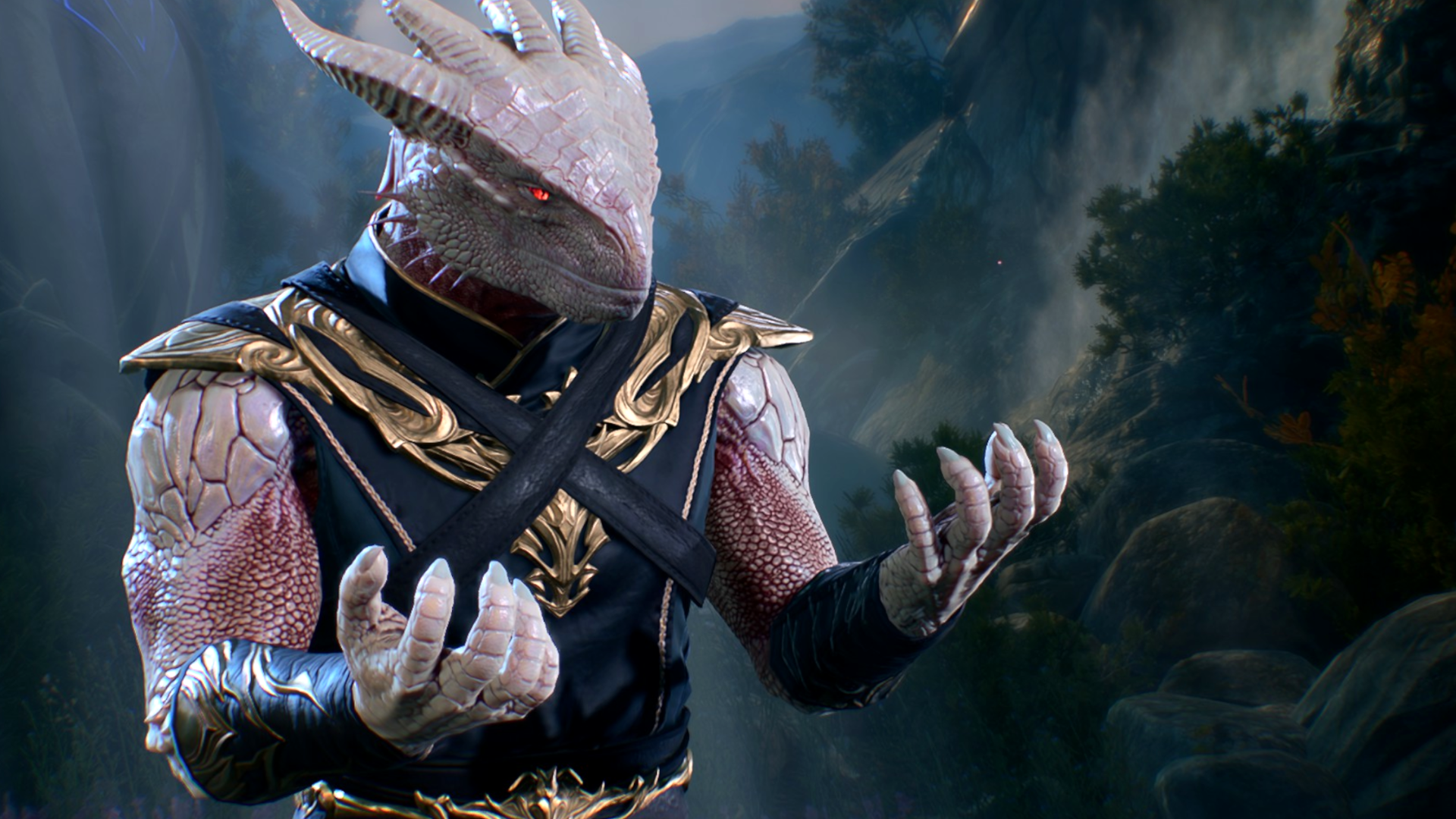First reported by Korean gaming website This Is Game, and in English by Automaton, Valve acquiesced to a South Korean government request that it remove an offensive Mount and Blade: Warband mod from Steam last month.
Notably, the mod has been blocked from global distribution, not just in South Korea, and this marks the first time to my knowledge that Valve has removed a game or mod from Steam worldwide over a government's objection to its content.
The mod itself is a baffling and risible piece of right wing esoterica, converting the medieval sandbox Mount and Blade: Warband to a modern-day setting and presenting a warped version of the events of the 1980 Gwangju Uprising, a pivotal moment in the history of South Korea.
The 1980 protests in Gwangju against South Korean military dictator Chun Doo-hwan were violently repressed by the government, provoking an armed uprising that Chun responded to with even greater brutality.
Up to 2,300 people were killed by government forces, and after the overthrow of the dictatorship, the Gwangju Uprising has been commemorated with a day of remembrance as a key moment in South Korea's struggle under a string of US-backed dictatorships in the second half of the 20th century.
Gwangju Running Man reportedly presented a revisionist narrative of the event popular with South Korea's right wing, one sympathetic to Chun Doo-hwan, slanderous to the memory of the victims and protestors, and justifying the massacres conducted by government forces.
This Is Game reported that the South Korean Game Rating and Administration Committee initially blocked the mod's distribution in South Korea before requesting that Valve remove the mod from the Steam Workshop worldwide, a request the company had fulfilled by the June 13 publication of This Is Game's initial story.
Typically, Valve operates under singularly laissez-faire content moderation guidelines, slow to respond to reports, and rarely removing mods or games from Steam unless they break the law, manipulate the platform in some fashion, or reach a critical threshold of negative attention. A few instructive examples include:
- No Mercy: A game with "unavoidable non-consensual sex" that was banned from sale in the UK, Canada, and Australia. Was notably only pulled from sale worldwide by the developers themselves.
- Domina: A gladiator management sim where, several years after launch, the developer began using thin patch notes as an outlet for anti-trans invective. Removed from sale by Valve after multiple warnings.
- Active Shooter: A "school shooting simulator" seemingly banned by Valve less over its content, and more the developer's "history of customer abuse, publishing copyrighted material, and user review manipulation."
- Fursan al-Aqsa: The Knights of the Al-Aqsa Mosque: An FPS where the player controls a Palestinian fighter killing IDF soldiers, including recreations of/references to the October 7 attacks. Banned from sale in the UK, Germany, and Australia.
Gwangju Running Man is, to my knowledge, the first time Valve has removed a game or mod from Steam worldwide not over content, breaking a law, or breaking Valve's terms of service, but rather a government's objection to the content in question.
Gwangju Running Man seems to have been a juvenile, patently offensive piece of work furthering a right wing misinformation campaign—it couldn't have happened to a better mod—but I find myself troubled to see Valve making such an intervention not through its own internal processes, but because a government requested it do so.

2025 games: Upcoming releases
Best PC games: All-time favorites
Free PC games: Freebie fest
Best FPS games: Finest gunplay
Best RPGs: Grand adventures
Best co-op games: Better together
I'm worried we'll see Valve repeat such a move on a less contemptible target at the behest of a more oppressive government down the line. At the same time, issues like this are nothing new on social media platforms—and Steam is, effectively, one of the world's most influential social media platforms.
X, "The Everything App," has been a frequent battleground. In the past, Elon Musk has complied with requests by the government of Turkey to censor dissident accounts on the platform. Musk subsequently got the app temporarily banned in Brazil after refusing to suspend accounts associated with the 8 January 2022 attempted coup by right wing forces against the elected government of President Lula.
Gwangju Running Man is a truly bizarre edge case, but I would expect to see more interventions like this by governments into Steam—both sympathetic and nefarious—in the future.



